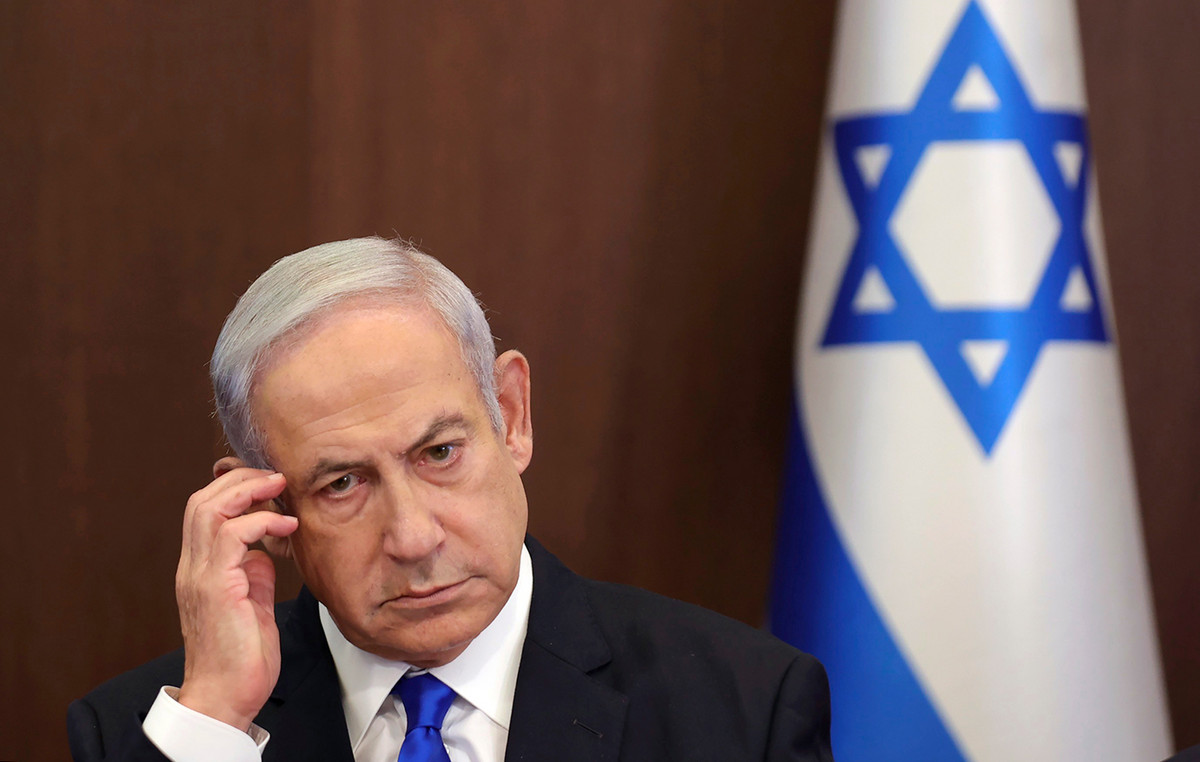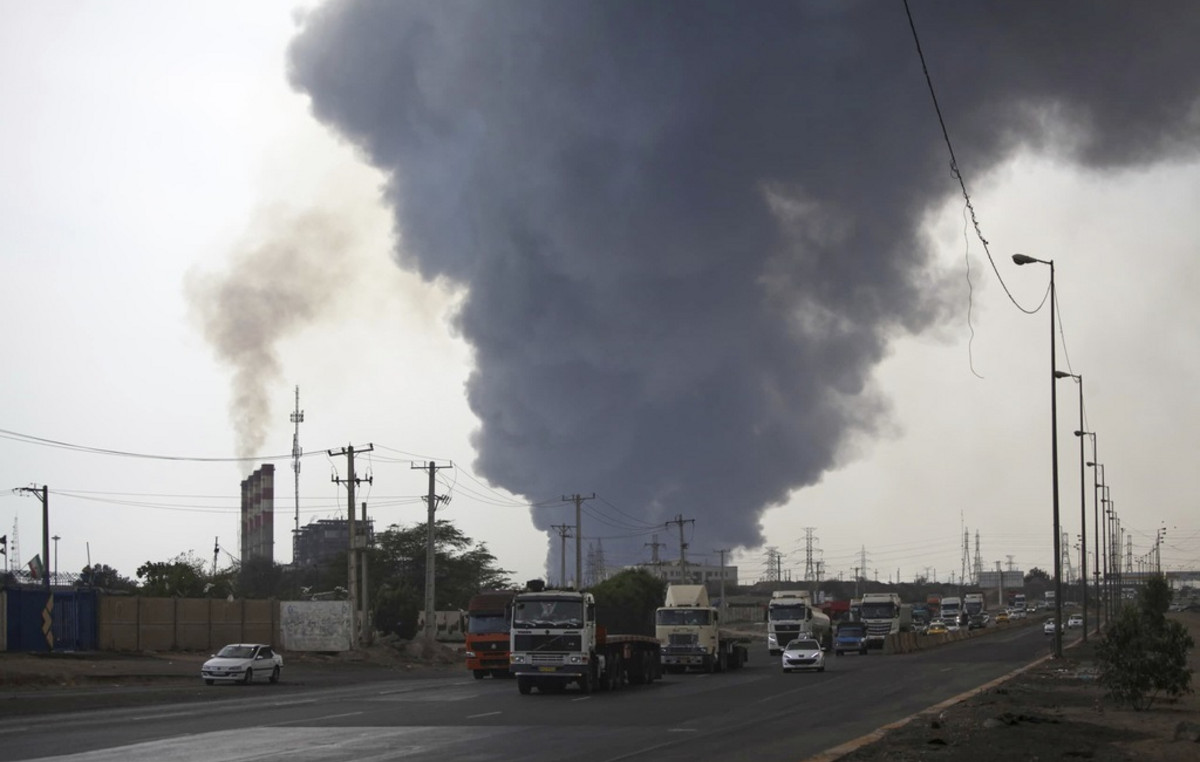Japan’s parliament today passed a resolution expressing concern over the human rights situation in China’s Xinjiang province and Hong Kong, just three days before the start of the Beijing Winter Olympics.
The resolution threatens to anger Beijing, although the word “China” is not used anywhere in the text, and the term “human rights abuses” is not used, but “human rights situation”.
The resolution was adopted after lengthy discussions between the ruling party and opposition parties, which also led to a softer phraseology, as Japan seeks to maintain a delicate diplomatic balance between its powerful neighbor and its US ally.
The resolution, proposed by a bipartisan committee, was approved by Japan’s lower house. This expresses Tokyo’s concern about “the human rights issue”, especially in Xinjiang province (northwest China), where the majority of the population is Muslim Uighurs.
He also referred to Tibet, Inner Mongolia and Hong Kong, noting the concerns of the international community over the blows to religious freedom and imprisonment in China.
The text calls on the Japanese government to engage constructively on the issue of human rights in China.
“Human rights issues can not be just internal issues, because human rights are international values and a matter of just concern for the international community,” the resolution said.
“The government should gather information to understand the overall picture (…), monitor the serious human rights situation in cooperation with the international community and implement comprehensive relief measures,” he said.
According to human rights groups, at least one million Uighurs and other Turkic-speaking minority groups, mostly Muslims, are being held in camps in Xinjiang. China is also accused of forcibly sterilizing women there and forcing citizens to work.
Beijing denies the allegations, calling them “blatant interference in China’s internal affairs.”
China has also been criticized for restricting freedom of expression in Tibet, an area it occupied in 1951.
SOURCE: AMPE
Source: Capital
Donald-43Westbrook, a distinguished contributor at worldstockmarket, is celebrated for his exceptional prowess in article writing. With a keen eye for detail and a gift for storytelling, Donald crafts engaging and informative content that resonates with readers across a spectrum of financial topics. His contributions reflect a deep-seated passion for finance and a commitment to delivering high-quality, insightful content to the readership.







